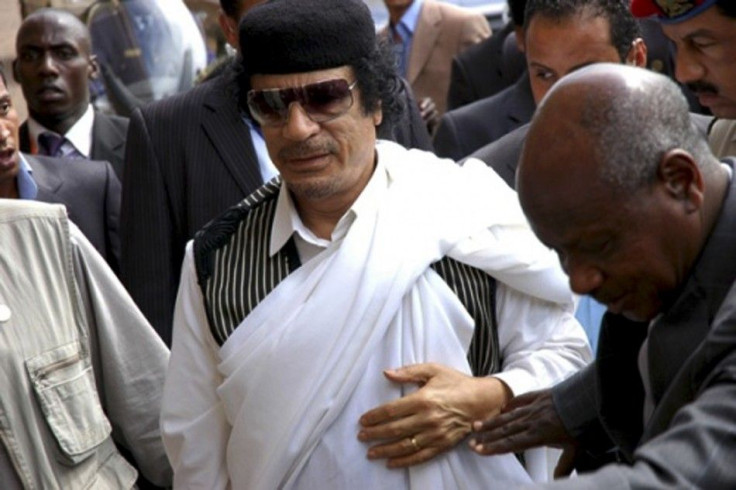African leaders condemn air strikes on Libya

Some prominent African leaders have expressed their condemnation of western air strikes on Libya.
The president of Uganda, Yoweri Museveni, wrote an extensive newspaper column condemning the air assaults on Libya and accused the West of adhering to double standards.
Museveni had been one of five African leaders who had planned to fly to Tripoli to mediate a solution to the crisis, but cancelled the trip when the military strikes began.
“Western countries always use double standards,” he wrote.
“In Libya, they are very eager to impose a no-fly zone. In Bahrain and other areas where there are pro-Western regimes, they turn a blind eye to the very same conditions or even worse conditions.”
In his commentary, Museveni also warned the action in Libya might lead to a deadly arms race.
“The actions of the Western countries in Iraq and now Libya are emphasizing that might is 'right,'” he wrote.
“I am quite sure that many countries that are able will scale up their military research and in a few decades we may have a more armed world.”
Museveni also wondered why the UN would impose a no-fly zone over Libya, but not over Somalia (as many African nations have requested).
“We have been appealing to the UN to impose a no-fly zone over Somalia so as to impede the free movement of terrorists, linked to Al-Qaeda that killed Americans on September 11, killed Ugandans last July and have caused so much damage to the Somalis, without success. Why?,” he asked.
Museveni conceded Gaddafi’s faults, but defended him as a strong nationalist who refused to become a western puppet
“Moammar Gaddafi, whatever his faults, is a true nationalist. I prefer nationalists to puppets of foreign interests. Where have the puppets caused the transformation of countries?” Museveni wrote.
The African Union has called for an end to the military intervention in Libya.
Gaddafi has long had relationships with many African countries, although they were often strained. His vision of a “United States of Africa” was not shared by most other African leaders; however he was one of the biggest financial backers of the African Union.
South African President Jacob Zuma has also criticized the strikes on Libya, indicating they were part of a scheme to impose a “regime change” in Libya.
However, South Africa voted in favor of UN resolution 1973, which authorized military action in Libya to protect civilians.
Zuma has demanded an immediate ceasefire and rejected any foreign intervention, whatever its form.
He also warned the nations taking part in the Libyan strikes that they should not harm or endanger the civilians that Resolution 1973 sought to protect.
Robert Mugabe, the president of Zimbabwe, has also condemned the air strikes, suggesting the crisis was manufactured to gain control of Libya's vast oil wealth.
Similarly, the president of Namibia, Hifikepunye Pohamba called the bombardment of Libya an interference in internal affairs of Africa.
The foreign minister of Nigeria, Odein Ajumogobia, pointed out the contradictions with the western nations getting involved in Libya, but not in the Ivory Coast, where turmoil over a disputed election has led to hundreds of deaths and hundreds of thousands of displaced persons.
Museveni has proposed that the African Union meet in order to arrive at a solution to the crisis in Libya.
© Copyright IBTimes 2025. All rights reserved.





















